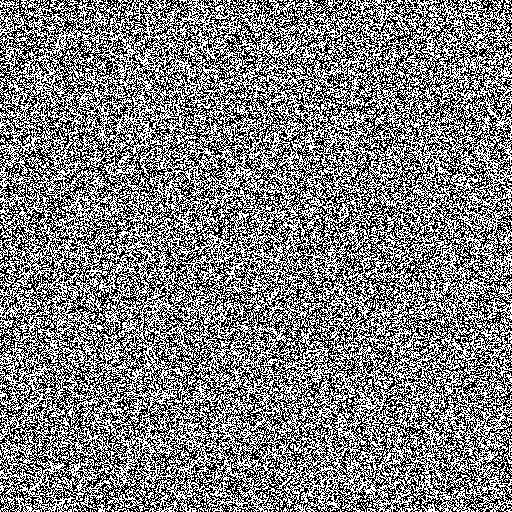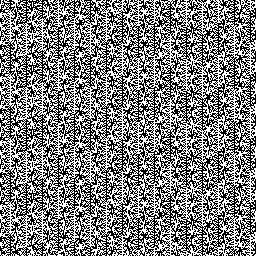 |
| The original random.org random number source (radio). |
This set my mind to thinking - what is a "random number?"
Does such a thing really exist?
I started to do some research. Among the information I found was a site called random.org.
This site provides random numbers based on some sort of atmospheric "noise." Originally the site was basically an audio sampler listening to "static" on a radio. The audio static was the "random" source of the numbers. Basically the computer running the site sampled the audio data periodically to determine a value. Since the static is supposedly random the numbers created by sampling the audio static and the result of converting those audio values to numbers is also supposedly random.
Kahneman talks a bit about this given the example of the sex of children born in a given hospital over time. Something along these lines (B = Boy, G = Girl):
BBBBBB
BGGBBG
GGGGGG
So, in the book, he discusses the difference between true randomness and what people, who, after looking at the BB/GG list, think is random. The point being that any sequence of B/G is random because each birth is unique and independent of the others.
So BBBBBB is just as random as BGGBBG in the context of hospital births.
But Kahneman's point is that your mind does not perceive these to be the same in terms of randomness: BGGBBG is always considered "more random" at first glance by your mind.
But this is an interesting point and relates to a post I did a while back called "Through the Keyhole."
Basically the notion of BGGBBG and BBBBBB or GGGGGG being equally random depends on the context in which you consider them - looking at them on screen or paper alone - them being equally random seems silly - yet offering an explanation of what they are makes it appear reasonable.
Given a set of things like the BB/GG's there are various mathematical processes to test for "randomness" - but they can only work given they are used within the proper context.
So this, in my mind, begs the question of whether anything is or truly can be random or whether instead "random" is simply an expression of the size of the keyhole you are looking through. Looking at what I am not sure though.
Or, in other words, there can't be anything random, just things that we don't as yet understand the pattern of because we don't understand the true context.
Similarly in quantum physics - are quantum effects, like radioactive decay (used by other random number sites), really random or is the keyhole we observe them through simply to narrow?
Kahneman talks about how the mind can quickly discern randomness visually. For example, from the random.org site a bitmap showing random numbers might look like this:
Your eye finds no pattern (unless you stare a long time at it...).
They compare this to a pseudo-random number generated image done using a built-in Windows-based random number generator (from the same link):
Here you see a pattern because the "random numbers" are really generated via a mathematical technique that makes numbers look random at a finer scale. Certainly there is a subset of this image which , when compared to a subset of the other image, would seem equally random - at least to human eyes and perhaps mathematically.
The question in my mind is does the random.org atmospheric noise-based image above become part of a pattern if you "zoom out" just as the second image does?
I don't know that anyone can answer this - but certainly its possible because while the atmospheric noise might seem random that's no guarantee that it really is.
All this makes me wonder if science is focused on the wrong things.
Certain behaviors, like true randomness, depends I think solely on your context.
What's acceptably random for one in one context may and does not work for another.
And given that our minds work the way that they do - its very easy to become biased and not realize this fact.


No comments:
Post a Comment